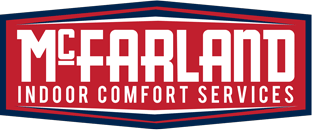How to Safely Heat Your Illinois Home: Avoiding Fire Hazards
Keeping your home warm through an Illinois winter is essential, but heating equipment can pose risks when not used or maintained properly. A safer home starts with understanding where hazards come from and taking steps to reduce them before the coldest weather arrives. Know the Leading Causes of Heating-Related Fires Most heating fires stem from issues that are easy to overlook. Recognizing these risks helps you stay proactive as temperatures drop. Blocked or dirty heating equipment that overheats Flammable items placed too close to heat sources Improper use of space heaters Clogged chimneys or venting problems Electrical issues within aging furnaces or wiring Many of these hazards develop slowly, so early attention makes a meaningful difference in keeping your home safe. Keep Heating Equipment Clean and Maintained Dust, debris, and worn parts can all contribute to overheating or improper operation. Regular furnace maintenance service helps keep your system functioning safely and reduces unnecessary stress on components. Replacing filters on schedule also supports better airflow, which lowers the chance of overheating during long heating cycles. If your home uses a gas furnace, venting and burner components need reliable performance throughout the season. Any signs of soot, unusual odors, or frequent cycling...
View Article